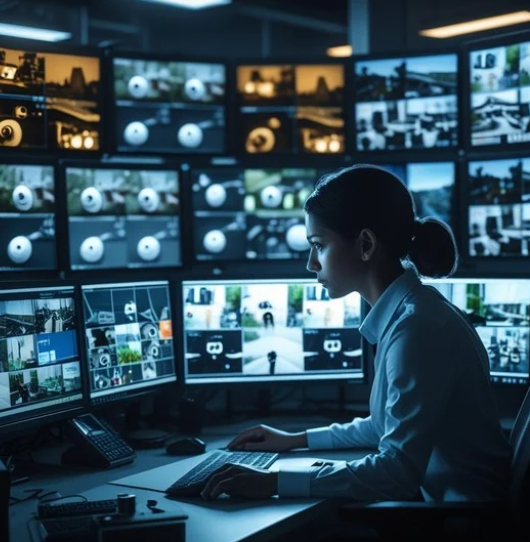Subtotal: $768.00
How to Manage CCTV Recordings in Your Childcare Centre: Storage, Access & Hard Drive Alerts Leave a comment
CCTV cameras are an essential layer of safety for any childcare centre — protecting children, staff, and your reputation. But a surprising number of centres neglect one crucial aspect: managing and securing the recordings themselves.
It’s not enough to simply install cameras. To get the full benefit of your CCTV system, you need to:
✅ Store recordings properly and reliably
✅ Restrict access to authorised staff only
✅ Be alerted immediately if your recorder’s hard drive develops a fault
In this guide, we explain how to set up your childcare CCTV system for peace of mind and compliance.
Why Does Recording Management Matter?
Without well-managed storage and access controls, your cameras might let you down just when you need them most.
✅ If your hard drive fails or fills up without notice, footage may not be recorded at all.
✅ If the wrong people have access, privacy can be breached — a serious concern in a childcare setting.
✅ If alerts aren’t configured, you won’t know there’s a problem until it’s too late.
By following the best practices below, you can avoid these risks.
Storing CCTV Recordings Correctly
A robust storage setup is the backbone of your CCTV system. Here’s how to get it right:
-
Use surveillance-grade hard drives
Ordinary desktop drives aren’t designed for 24/7 video. Opt for drives built for continuous recording and multiple streams. -
Plan for sufficient retention
Calculate your storage to keep at least 30–90 days of footage, based on your number of cameras and recording settings. We can help with a calculation or you can use something like this – https://tools.hikvision.com/calculatorTool/index.html -
Enable automatic overwrite
Your NVR (Network Video Recorder) should overwrite the oldest footage automatically to keep recording non-stop. -
Add redundancy if possible
Consider using RAID mirroring or a backup solution for extra protection against drive failures.
Restricting Access to CCTV Footage
In a childcare centre, privacy and confidentiality are critical. Only specific, trusted staff should be able to view, export, or delete recordings.
-
Create individual user accounts
Assign permissions based on role — e.g., some staff can view live video only, while others can access playback. -
Use strong passwords
Change the default admin password and enforce unique, complex passwords for all users. -
Monitor the access log
Check the NVR’s log periodically to see who accessed the system and when. -
Physically secure the NVR
Keep the recorder in a locked room or cabinet to prevent unauthorised tampering.
Setting Up Alerts for Hard Drive Issues
If your NVR’s hard drive fails, your cameras will stop recording — often silently. Luckily, most modern NVRs can warn you early.
-
Enable S.M.A.R.T. monitoring
This diagnostic feature checks the health of your hard drives regularly. -
Turn on alerts
Configure your NVR to beep loudly and send an email if a hard drive error, disconnection, or failure is detected. -
Check status manually
Even with alerts enabled, it’s good practice to log in weekly and check the health report yourself. -
Test your alerts
Simulate a drive failure and confirm you receive a warning.
Summary: Best Practices Checklist
✅ Use surveillance-grade hard drives sized for 30–90 days of storage
✅ Configure your NVR to overwrite old footage automatically
✅ Restrict footage access to authorised staff via individual accounts and strong passwords
✅ Review the NVR’s access log regularly
✅ Lock the NVR in a secure location
✅ Enable health monitoring and audible/email alerts for hard drive problems
✅ Test and monitor the system regularly
By following these steps, you can be confident your CCTV system is doing its job — protecting children, respecting privacy, and keeping your centre compliant.
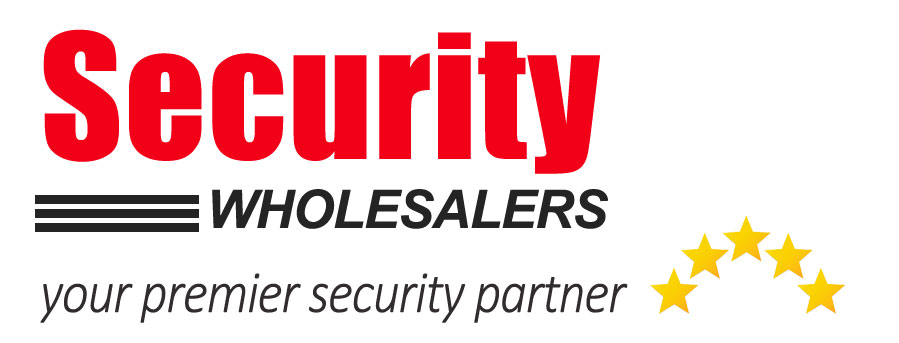




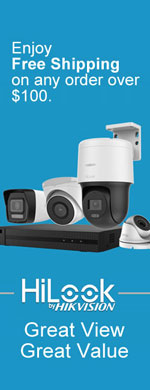
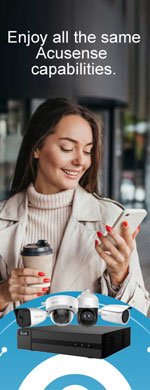




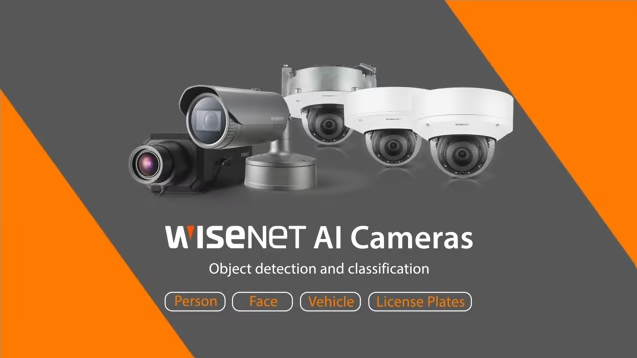
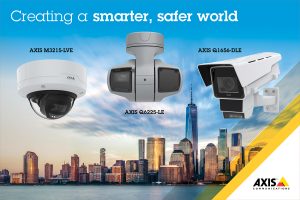


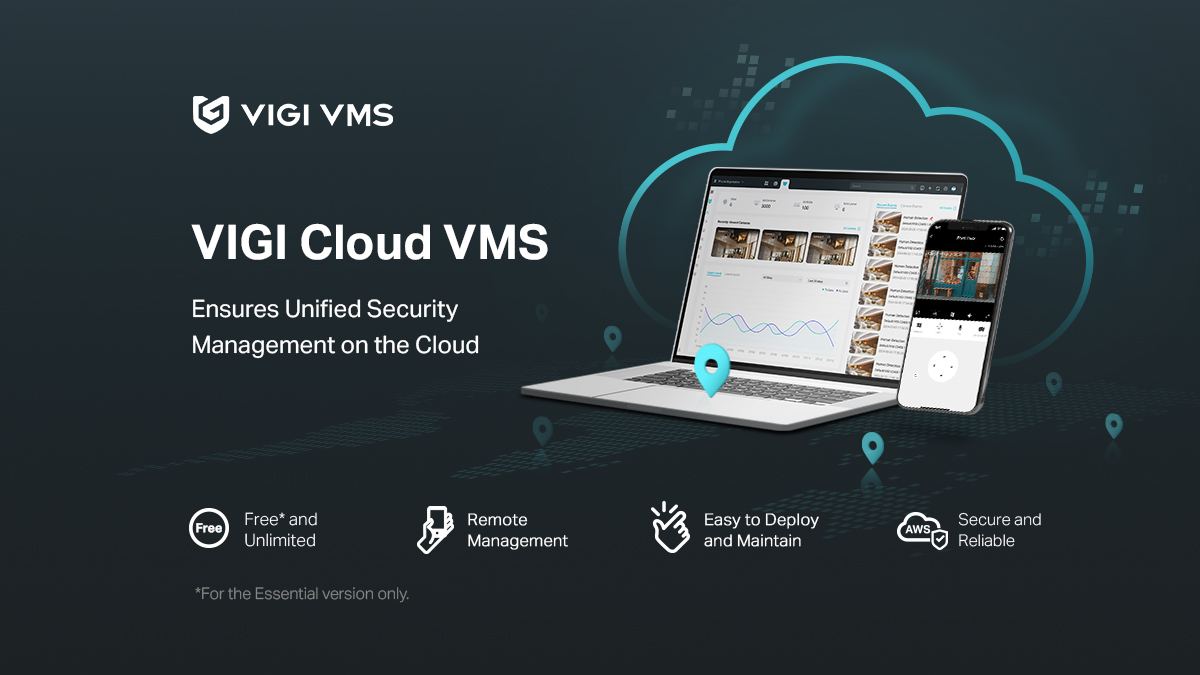
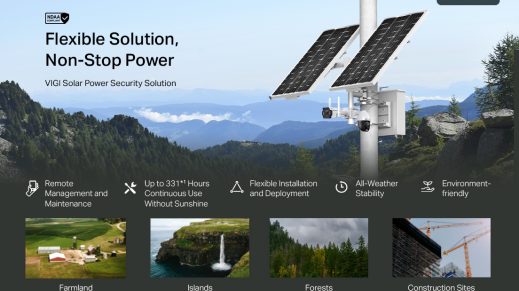
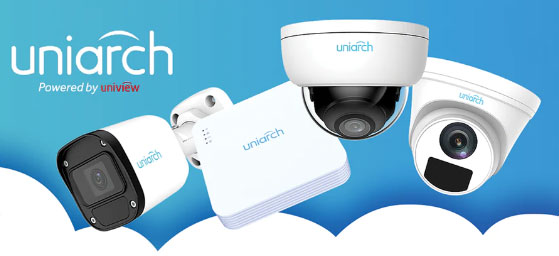
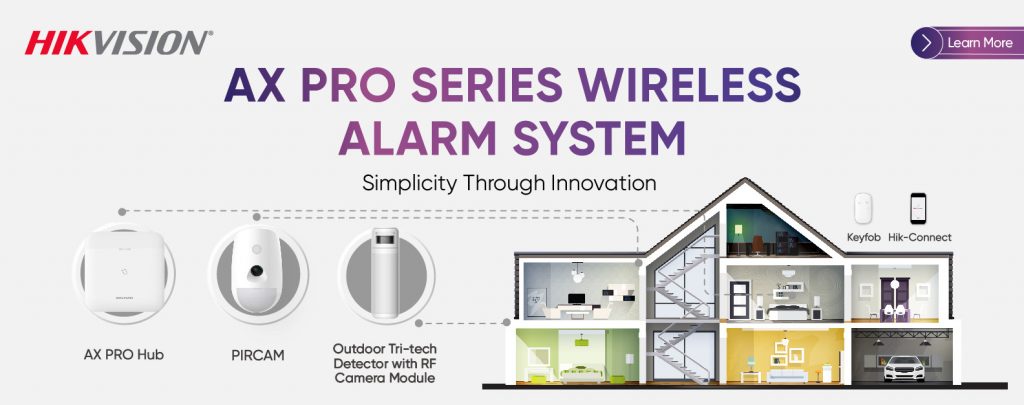
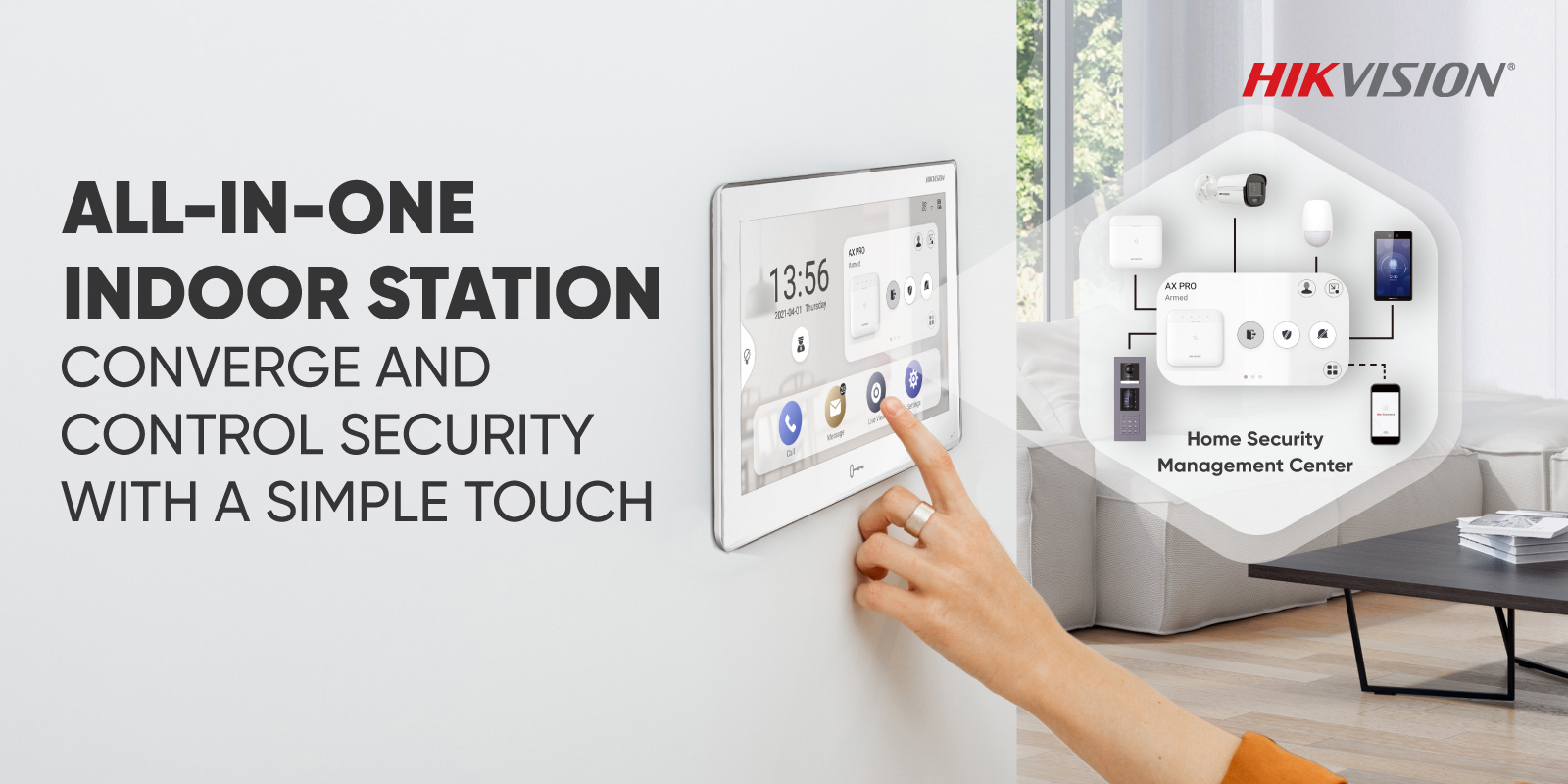
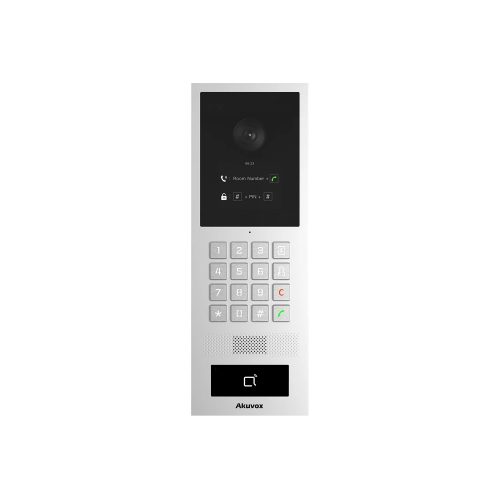 Akuvox S532 2.8" Keypad Linux Video Door Phone - Hybrid
Akuvox S532 2.8" Keypad Linux Video Door Phone - Hybrid 